Hey Guys, let's be real—you wake up in the morning, all excited to boil some water for your morning coffee and kick off a super productive day. But then you glance at the bottom of your kettle and—holy moly—another thick layer of limescale has built up. You were all fired up to rinse rice for dinner, but the moment you turn on the tap, you catch a whiff of something off. Suddenly, your cooking mood vanishes. I bet this scenario sounds familiar. In our daily lives, these seemingly minor details constantly remind us that something's wrong with our water quality.
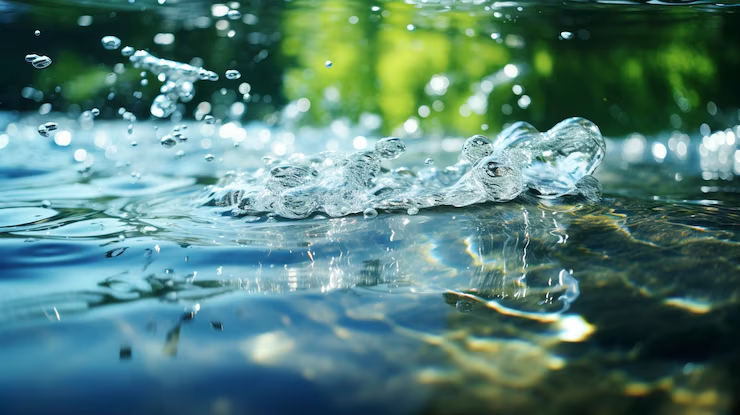
Impurities, heavy metals, bacteria, and other contaminants in water not only make it taste unpleasant but can also quietly threaten our health. Drinking hard water long-term allows scale to gradually build up in your body, potentially affecting your digestive system. While residual chlorine kills bacteria, excessive amounts produce an unbearable pungent odor. Long-term consumption may also burden the digestive system. Heavy metals exceeding safe levels can cause long-term damage to the nervous system and kidneys. With these potential threats looming, can you still feel safe drinking tap water directly?
Actually, solving these problems isn't difficult—a suitable water purifier can make a huge difference! It acts like a silent guardian, constantly safeguarding our drinking water health by removing impurities, bacteria, heavy metals, and other harmful substances, ensuring we enjoy clean, healthy water. But with so many types of water purifiers on the market, what exactly are they? Which one is best suited for our home? Don't worry, let's dive in and explore together.
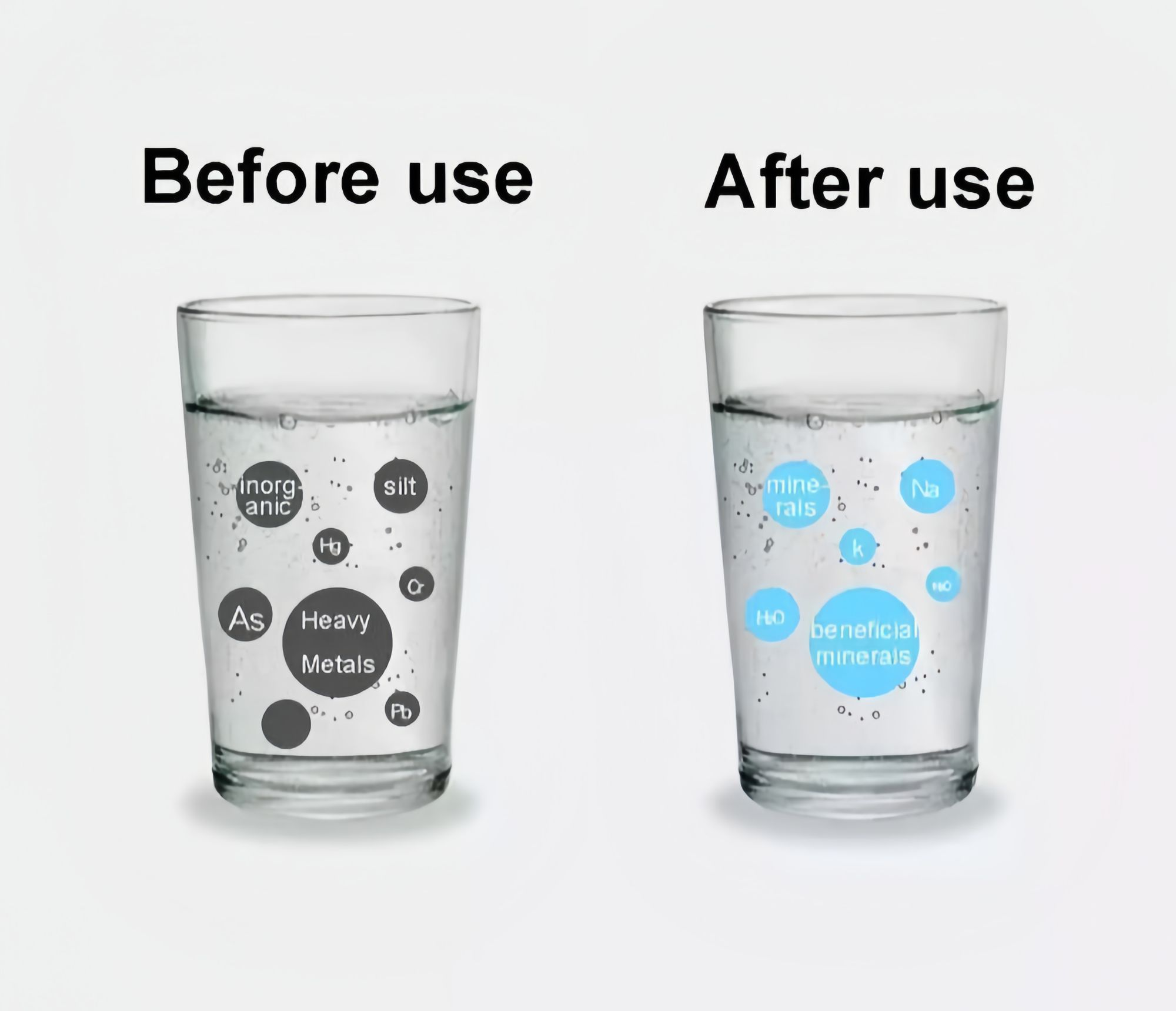
Unveiling Water Purifiers: A Comprehensive Guide to Common Types
The sheer variety of water purifiers can be overwhelming. But they primarily fall into these categories: pre-filters, whole-house systems, ultrafiltration units, reverse osmosis systems (RO purifiers), water softeners, and direct-drinking machines. Let's break them down one by one.
Pre-Filters: The “Gatekeeper” for Your Entire Home's Water Supply
Typically installed after the water meter, the pre-filter is the first line of defense for your household water supply. Acting like a giant sieve, it uses stainless steel mesh to physically trap visible large particles like sediment, rust, insect eggs, and red worms. Its filtration precision generally ranges from 20 to 50 microns. Don't underestimate it. While its filtration precision isn't exceptionally high, it effectively protects downstream water-using appliances like washing machines, water heaters, and water purifiers, extending their lifespan. Plus, pre-filters are affordable—usually just a few hundred yuan—and last a long time. You rarely need to replace the filter cartridge; just periodically backwash to flush impurities off the mesh. It's a real bargain. However, it does have limitations. Its filtration precision is restricted, meaning it cannot remove microscopic contaminants like bacteria, viruses, or heavy metals from the water. Therefore, the filtered water should not be consumed directly.
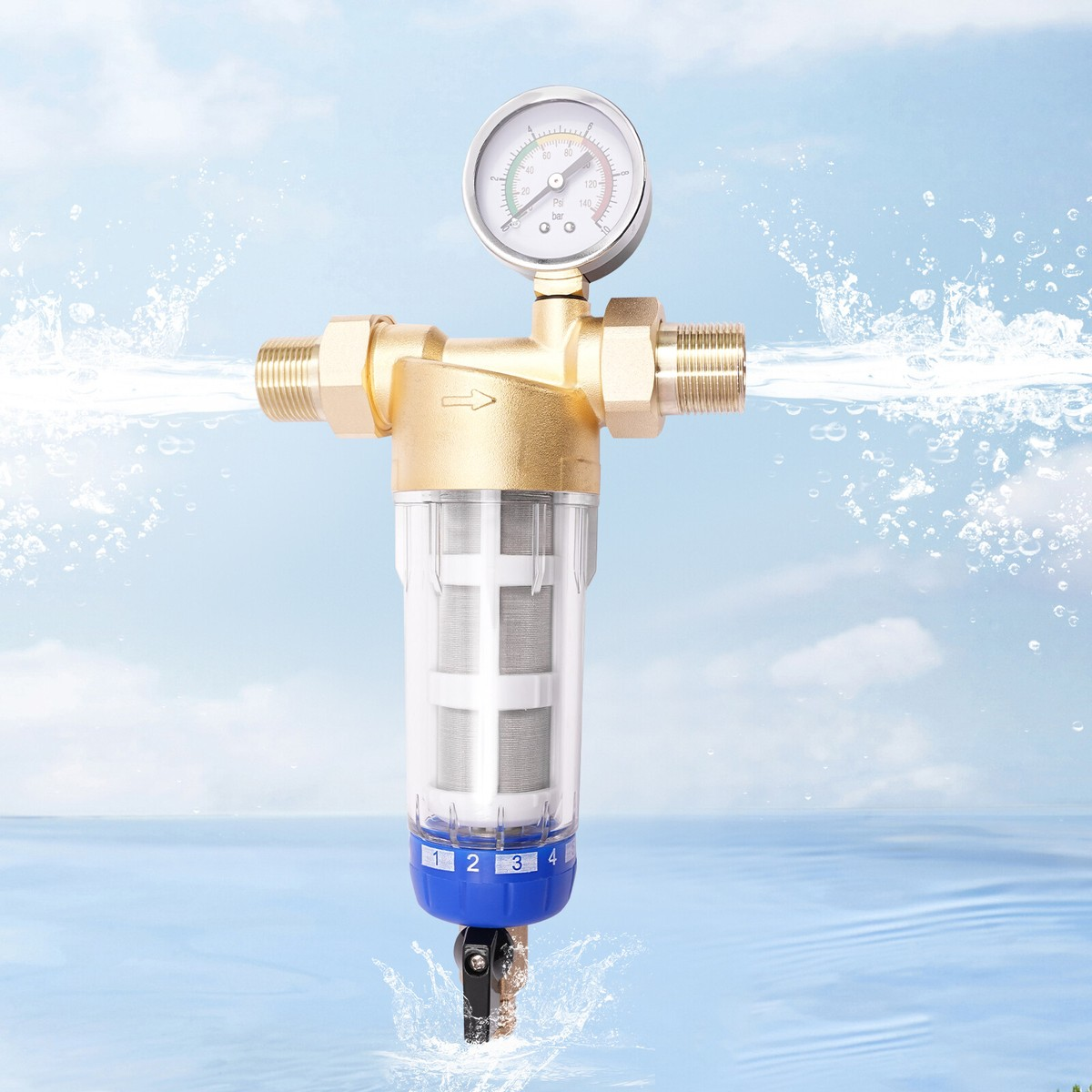
Central Water Filtration System: The “Commander” of Whole-House Purification
Central water filtration systems are generally best suited for larger homes like spacious apartments or villas. Their operation is somewhat complex, typically combining multiple filter media like KDF, activated carbon, and quartz sand. Through multi-stage adsorption and layered purification, they remove impurities from the water. Like a “commander,” it coordinates whole-house water purification, eliminating harmful substances like residual chlorine, heavy metal ions, bacteria, and viruses. This ensures clean water for daily activities like washing vegetables, cooking, and bathing, while also protecting household appliances that use water and extending their lifespan. However, central water purifiers are bulky and require dedicated installation space. Installation and maintenance can be cumbersome, and they come with a hefty price tag—typically ranging from several thousand to tens of thousands of yuan. Additionally, regular filter replacements are necessary, resulting in relatively high ongoing costs.

Ultrafiltration Water Purifiers: The “Health Guardians” That Preserve Minerals
The core component of ultrafiltration water purifiers is the ultrafiltration membrane, with a filtration precision typically around 0.01 microns. It effectively removes impurities like bacteria, viruses, suspended solids, colloids, and large-molecule organic compounds from water. However, it does not filter out water molecules or dissolved minerals. Like a meticulous “health guardian,” it removes harmful impurities while preserving beneficial minerals and trace elements in the water, making it healthier for consumption. Another major advantage of ultrafiltration water purifiers is their energy efficiency and eco-friendliness. They operate without electricity, relying solely on the pressure of the municipal water supply, and produce no wastewater. However, due to the limited filtration precision of ultrafiltration membranes, extremely small viruses and heavy metal ions may not be completely filtered out. If your area has poor water quality with high heavy metal content, water filtered by an ultrafiltration system may not be safe for direct consumption and may require additional treatment.
Reverse Osmosis Water Purifier (Pure Water Machine): The Ultimate Purity “Manufacturing Machine”
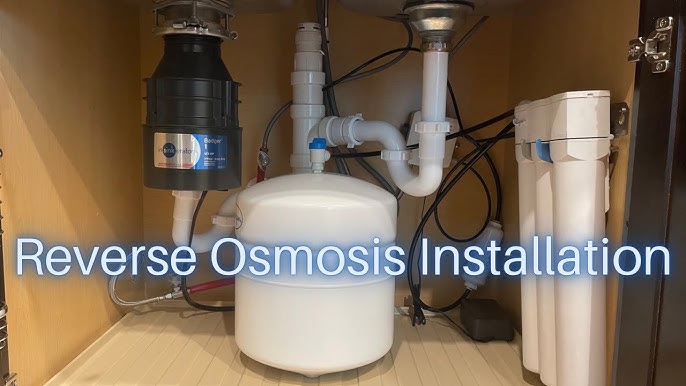
Reverse osmosis water purifiers are incredibly popular today, with their core component being the RO reverse osmosis membrane. The pores of the RO membrane are exceptionally small—as tiny as 0.00001 microns—allowing only water molecules and a small portion of mineral ions to pass through. Other impurities like inorganic salts, heavy metal ions, organic matter, colloids, bacteria, and viruses are all flushed out through the wastewater drain. The filtered water is virtually free of contaminants, exceptionally pure, and safe to drink straight from the tap. It truly functions as a “purity machine,” meeting our demand for high-quality drinking water. This is especially valuable in areas with poor water quality, where reverse osmosis systems provide safe and reliable drinking water. However, reverse osmosis systems require electricity to operate. They use a pump to pressurize water through the RO membrane and produce a certain amount of wastewater. Typically, the ratio of wastewater to purified water ranges from 1:1 to 3:1. This factor should be considered when selecting a system.
Water Softeners: Life's “Beauty Devices”
Water softeners primarily reduce water hardness by using ion-exchange resin to remove calcium and magnesium ions, thereby lowering water hardness. The benefits of using softened water are numerous. For instance, washing clothes with softened water leaves fabrics softer, fluffier, and more vibrant in color while requiring less detergent. Bathing with softened water leaves skin feeling smoother and more refined, and hair more manageable—like giving your life a “beauty treatment.” However, water treated by a water softener should not be consumed directly. While it removes calcium and magnesium ions, it also strips away some minerals from the water. Long-term consumption may have health implications. Furthermore, water softeners are relatively expensive, and they require regular replenishment of specialized salt to regenerate the resin, resulting in relatively high ongoing costs.
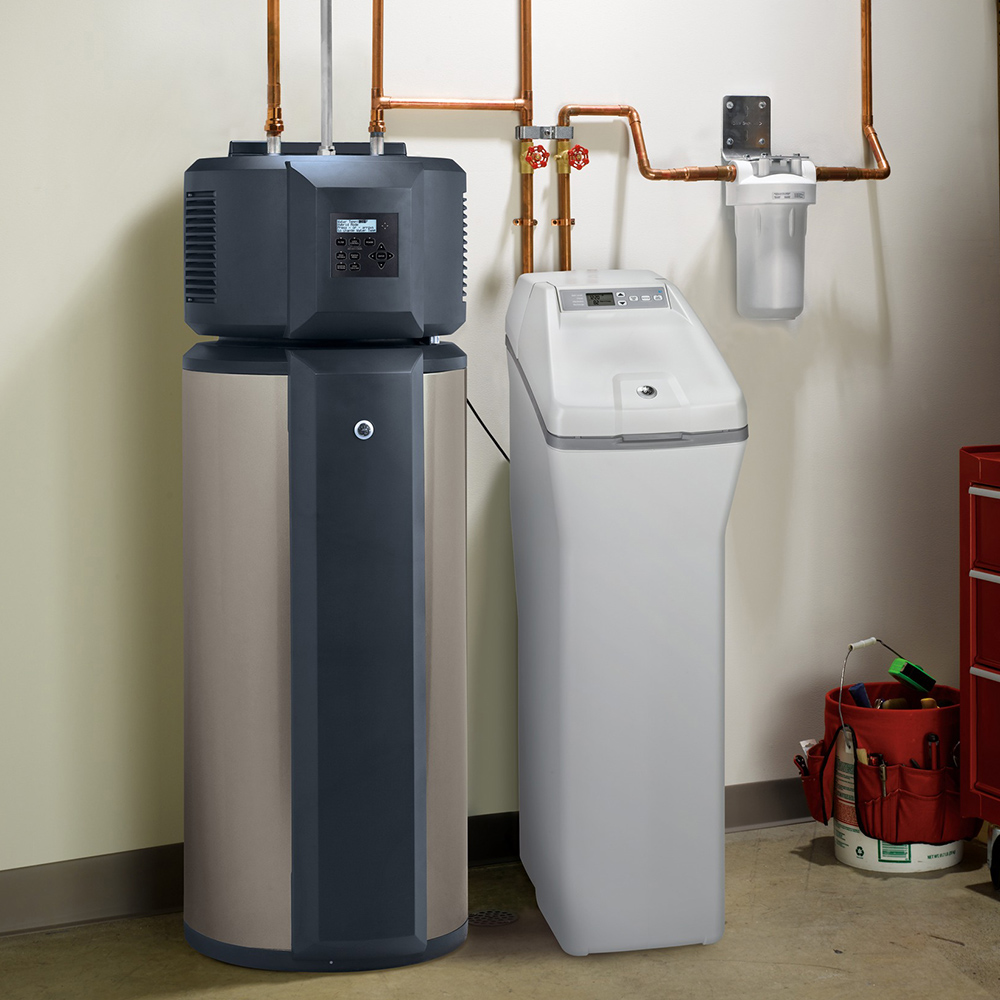
Direct-Drinking Machines: The “Little Helpers” for Convenient Drinking Water
Direct-drinking machines integrate purification and heating functions into one device. They purify tap water into drinkable water on the spot and can heat it quickly. Whether brewing tea, making coffee, or preparing baby formula, they offer exceptional convenience—truly the “little helpers” for hassle-free drinking water. These units are typically compact and flexible to install, fitting easily in kitchens or living rooms without taking up much space. However, their water output is relatively low, which may be insufficient for households with high water consumption. Additionally, their filter cartridges require regular replacement to ensure consistent water quality and safety.
How to Choose a Home Water Purifier? Just Consider These Key Points
With so many water purifiers on the market, many people feel overwhelmed by the choices. Don't worry—just keep these key points in mind, and you'll easily find the perfect water purifier for your home.
Choose the Type Based on Water Quality
Our country is vast, and water quality varies significantly across different regions. Generally, northern regions have harder water with higher calcium and magnesium ion levels, which can lead to scale buildup. For these areas, reverse osmosis (RO) systems are recommended. Their powerful filtration removes calcium and magnesium ions, effectively tackling scale issues. Southern regions typically have softer water, but may contain more organic matter, bacteria, and other impurities. Both ultrafiltration (UF) and RO systems work well here. If your water quality is decent, an ultrafiltration system will meet daily needs. For higher purity demands, an RO system is preferable.
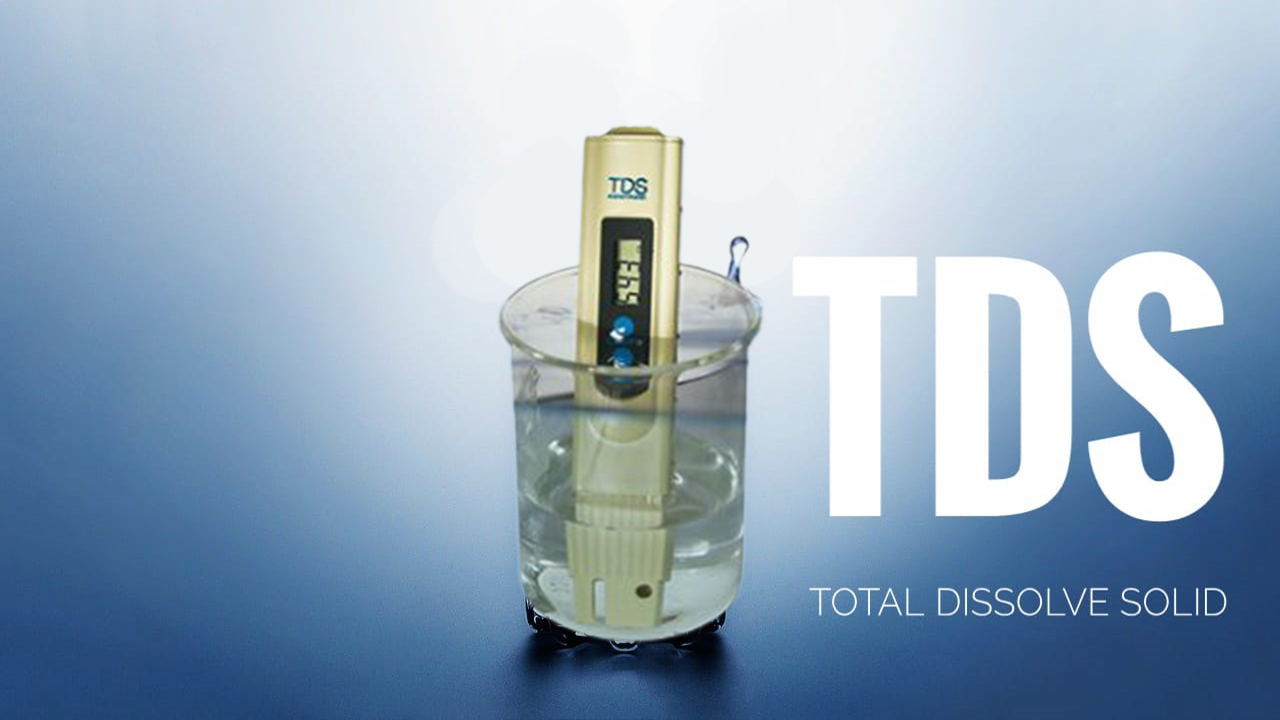
Calculate the Flow Rate
Flow rate indicates the system's water output per unit time, typically measured in gallons per day (GPD). Higher flow rates mean faster water delivery, accommodating more users. For example, a 3-4 person household should choose a system with a flow rate of 600G or higher to ensure sufficient water flow during peak usage times without long waits. Larger households with 5+ members or high water consumption may benefit from systems with 800G or higher flow rates. However, higher flow rate models typically come with a higher price tag and may also face “stagnant water” issues. It's essential to balance your actual needs and budget when making a selection.
Filter Cartridge Costs Matter
Filter cartridges are the core components of a water purifier and represent the primary source of ongoing usage costs. Common types include PP cotton filters, activated carbon filters, ultrafiltration membrane filters, and reverse osmosis membrane filters. Different filter types vary in filtration effectiveness and lifespan. PP cotton filters primarily remove large particulate impurities like sediment and rust, with a relatively short lifespan requiring replacement every 3-6 months. Activated carbon filters adsorb odors, residual chlorine, and some organic compounds, lasting approximately 6-12 months. Ultrafiltration membrane and reverse osmosis membrane cartridges offer high filtration precision, removing harmful substances like bacteria, viruses, and heavy metals from water. They have a relatively longer lifespan, typically lasting 2-3 years. When selecting a water purifier, don't just focus on the purchase price. Also consider the cost and replacement cycle of the filter cartridges to calculate the long-term usage cost. Some water purifiers may seem inexpensive upfront, but frequent cartridge replacements can lead to high long-term costs. Others may be slightly pricier initially, yet their longer cartridge lifespan makes them more cost-effective overall.
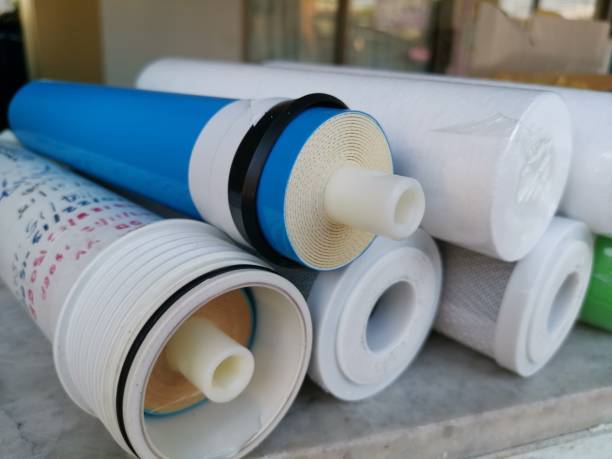
Don't overlook brand after-sales service
Water purifiers are appliances designed for long-term use, making a reliable brand with comprehensive after-sales support crucial. Major brands typically offer greater assurance in product quality, technological innovation, and manufacturing processes, resulting in superior performance and stability. Brands like Qinyuan, Angel, Midea, and Xiaomi are well-regarded in the market, offering diverse product lines to meet various needs. Moreover, major brands usually have comprehensive after-sales service networks covering major cities nationwide, ensuring prompt handling of installation, repairs, and filter replacements. This means any issues encountered during use can be resolved quickly, eliminating concerns.
Through the detailed overview of various water purifier types above, you should now have a clear understanding of the different categories and key considerations for selecting a home water purifier. Each type of water purifier has its own advantages, disadvantages, and suitable scenarios: - Pre-filters provide the first line of defense for whole-house water use. - Central water purifiers are ideal for large homes to achieve comprehensive water purification throughout the house. - Ultrafiltration purifiers retain minerals but have limited filtration precision. - Reverse osmosis purifiers deliver exceptionally pure drinking water but produce wastewater. - Water softeners primarily improve the hardness of household water. - Instant-hot drinking water dispensers offer convenient, on-demand hot drinking water.
When selecting a home water purifier, consider local water quality, household water consumption, budget, and long-term operating costs. Compare options thoroughly to find the best fit for your home. Always purchase through authorized channels to ensure product quality and after-sales service, making your water purifier a true guardian of your family's drinking water health.
Water is the source of life, and healthy drinking water is crucial for our well-being and that of our families. Don't let water quality issues compromise your health or your family's. Take action now and choose a water purifier that fits your household! If you have any questions during the selection process, feel free to leave a comment below—I'll be sure to address them promptly.
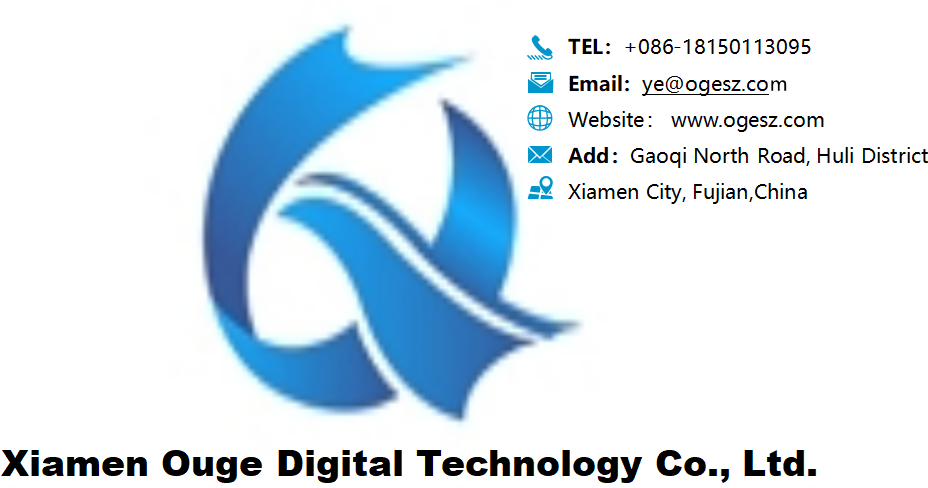
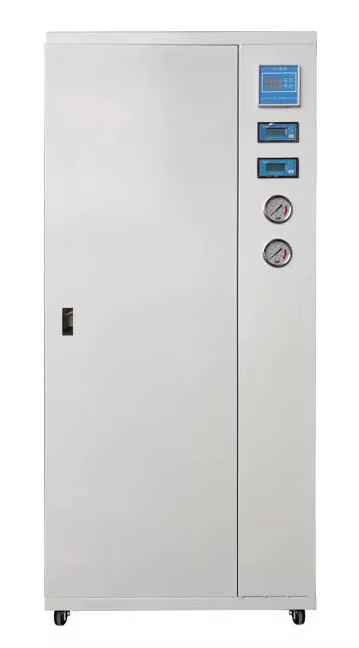 Analysis of the Structure and Working Principle of Ultrapure Water Equipment
Analysis of the Structure and Working Principle of Ultrapure Water Equipment
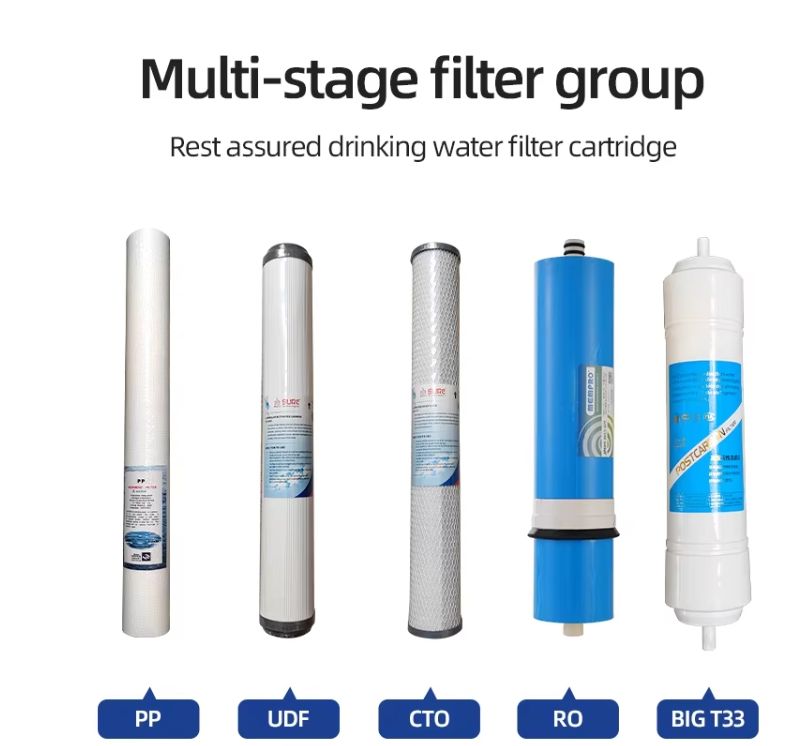 Tips for Using Home Water Purifier Filter Cartridges
Tips for Using Home Water Purifier Filter Cartridges
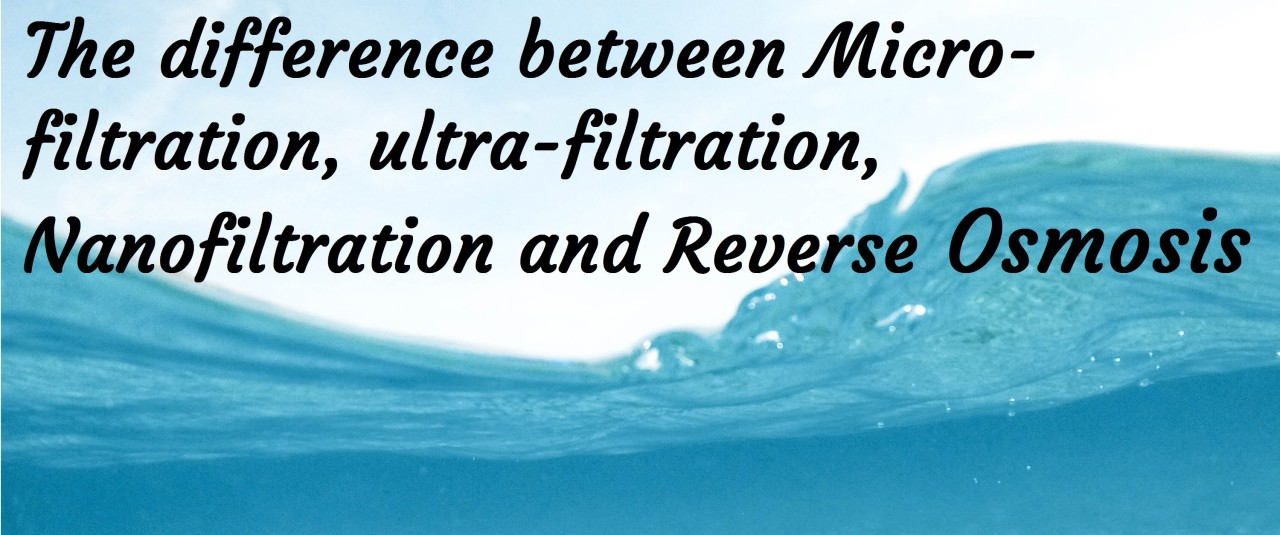 The Battle of Four Membranes: Microfiltration, Ultrafiltration, Nanofiltration, Reverse Osmosis—Which Reigns Supreme in Water Purification?
The Battle of Four Membranes: Microfiltration, Ultrafiltration, Nanofiltration, Reverse Osmosis—Which Reigns Supreme in Water Purification?
 Don't Pay for Stupidity! The Ultimate 2026 Water Purifier Guide: Selection, Pitfalls, and Maintenance All in One Article
Don't Pay for Stupidity! The Ultimate 2026 Water Purifier Guide: Selection, Pitfalls, and Maintenance All in One Article